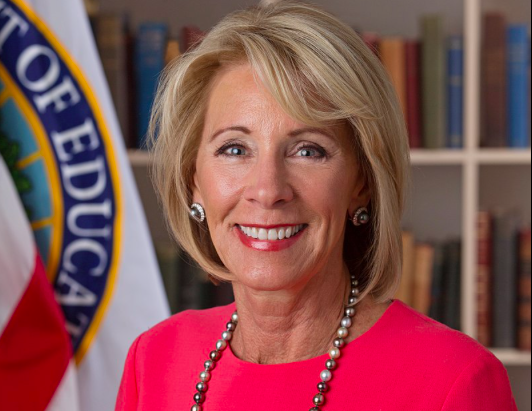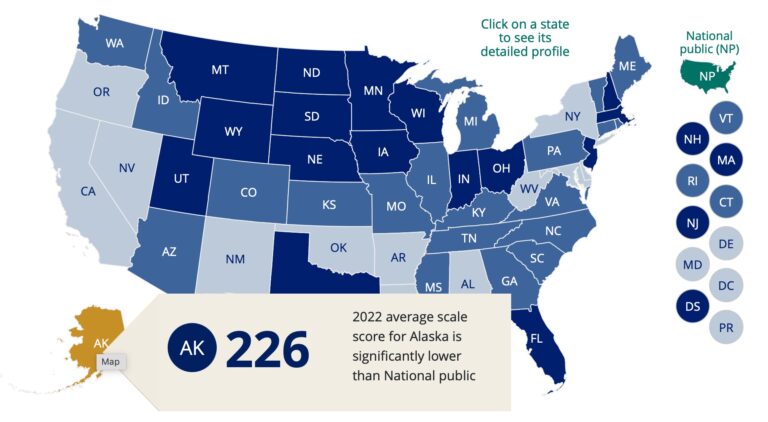By MICHAEL TAVOLIERO
Do you know what your Alaska state politician is doing this session?
As usual, I’m late in reading profound accounts of our legislators’ intentions, but after belatedly browsing through “Here are the Alaska legislative priorities to watch this session,” in the Anchorage Daily News on Jan. 21, I thought I’d share my thoughts.
For many of us, Alaska legislative sessions have been nothing short of a clamorous farce.
It’s the season where both Democrats and their counterfeit Republican counterparts exhibit a remarkable deafness to real issues, instead tuning in exclusively to the special-interest channel. Their selective listening is only overcome by an over-the-top, stereophonic focus on boosting the budget’s “essential” line items, such as education funding, and the ever-glorified, yet totally toxic, defined benefits.
In a display of the phoniest bipartisan unity that could rival any well-rehearsed circus clown act, the Alaska House and Senate convened their two-year session with both chambers boasting “bipartisan majorities”, short for a BM.
Of course, in this grand kabuki charade the Democrats dominate every seat while the Republicans are relegated to cameo roles with the exceptions of liberals masquerading as faux Republicans. Be mindful, this comedy is complete with the occasional menace of Gov. Mike Dunleavy’s mighty veto pen, which hopefully is not Ron Weasley’s magic wand.
As lawmakers engage in their endless tug-of-war over every dollar, rural Alaskans are left to wonder if they’re destined for nothing more than being continually ignored with a smaller PFD. In the midst of this feigned partisan pageantry, the establishment majority continues to prioritize political patronage over the true public good.
The legislative priorities are as ambitious as they are contradictory. The Democrat-led majority insists on a permanent bump to education funding, a reformed public-sector retirement plan, election reform, energy policy, and, most impressively, a balanced budget. Can anyone smell the perennial very foul cacophonous fart in an echo chamber?
Meanwhile, the fiscal environment, scarred by a projected decline in oil revenue (again and again with this trite and overused monotonous distortion), forces these high-minded ambitions into the realm of fiscal contortions, because not one of these bought and paid-for phonies will cut the budget. Are Alaskans paying attention?
Instead, the lip service provided by none other than the Left’s frontman, Mr. Perennial Politician himself Sen. Lyman Hoffman emphatically states again for the umpteenth time, “It’s going to be a very tough balancing act.”
This epithet highlights his persistent echoing of the same refrain, as if his political career and his talking points are in perpetual orbit. This is also other legislators’ tiresome, hackneyed chorus. It never stops because they never have anything intelligent to contribute outside of their quest for power and control.
State representatives, like Hoffman and many others, continually declare statements like this, as if budgeting were a high-wire performance juggling babies and razor blades simultaneously without a net.
A withdrawal from the $3 billion Constitutional Budget Reserve is touted as an “absolute last resort”—a secret piggy bank reserved only for the most dramatic of fiscal emergencies.
Wink. Wink.
It’s a cutthroat game for the state’s coffers designed to exclude conservatives, as these intellectually malnourished lawmakers scramble to cling to their ever-shrinking share of the funds yet has anyone noticed the size of the operating budgets in recent years? Their only goal is a regular session recurring fiscal sham where the prize is the perpetuation of political power rather than the common good. After all, this is not about Alaskans but enriching lower 48 special interests.
On the energy front, the state finds itself at a crossroads between ambition and skepticism. With oil revenues in a perennial decline (again we’ve heard this drivel for over 20 years), talk of a trans-Alaska natural gas pipeline has ignited passionate debate for the two to the power of ten time. Anyone bored with the constant bait and switch?
A private company (they are always behind the curtain, remember Trans Canada) is poised to fund this mega project, and the state’s investment development agency is ready to commit $50 million, which of course will turn into $500 million or more.
Yet, voices like Sen. Cathy Giessel, who neither understands fiscal constraint nor consensus in conservative policy, reminds everyone that Alaska is “not a colony to be pillaged,” (yawn) even as over half of its operating budget comes with strings attached by federal dollars.
It’s as if Alaska has become a stage for a grand resource-development opera, where the overture is written in oil, the Alaska Deep State chorus sings of fiscal dependency, and every misstep is a slip and slide into black goo. For you new to Alaska, I kid you not, this has been the flaccid agenda for more years than I can remember. How about just cutting the operating budget?
Meanwhile, election reform plays its role in this political pageant lifting up with their Left hand the shiny bright mirrors which only reflects the continued darkness of progressivism. Lawmakers plan an omnibus election bill that promises to speed up ballot counting, eliminate redundant signature requirements, and clean up the voter rolls. It’s a plan that sounds efficient on paper, yet isn’t it merely another attempt to polish the turd of a system that prioritizes process over progress. It certainly doesn’t repeal ranked-choice voting.
And let us not overlook the public-sector retirement debate. This is a true pièce de résistance in this legislative extravaganza. With a proposal that a new pension system may increase costs by $46 million annually but save annually over $70 million by reducing staff turnover and an unfunded pension liability from the old defined benefits system still in the billions, these wizards are betting that replacing the old guard with new pensioners will somehow fix a chronic staffing crisis, instead of trimming the state personnel in Elon Musk-like fashion. Big Balls is needed.
It’s a budgetary magic trick where money is saved not by cutting costs, but by orchestrating a turnover so complete that it nearly resets the entire system. Can you imagine that?
As the curtain rises on another phony tumultuous session, the continued acts of the endless cycle of taxing the people by eliminating the full Permanent Fund dividend; funneling funds to unions; and receiving the return of a fraction of that money as political favors to these miscreants.
So here we are, spectators in the grand theater of Alaska governance, left to wonder: Is this an ingenious display of political acrobatics designed to serve the public interest, or merely a well-rehearsed routine that perpetuates the same old cycle of power, patronage, and budgetary mischief?
Michael Tavoliero is a writer at Must Read Alaska.








